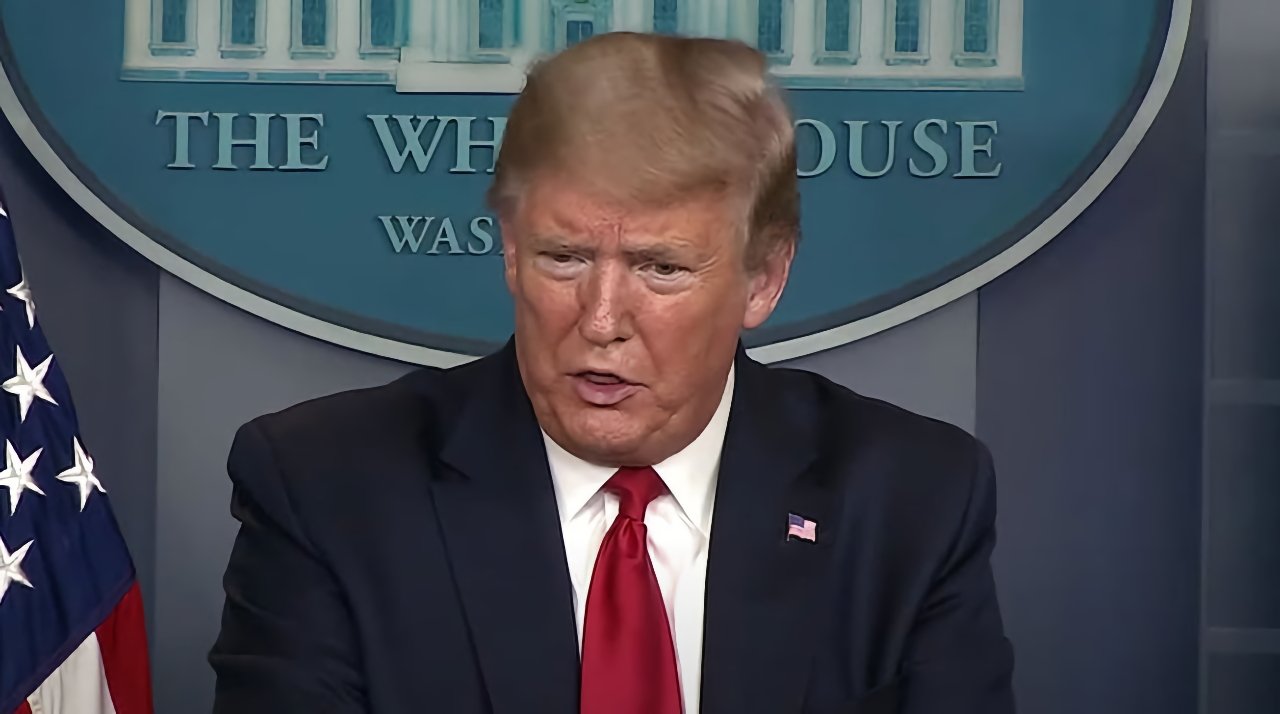Countries including ones who supply Apple, have been told they will no longer get to negotiate tariffs with Trump, because he hasn’t got the time.
When Trump announced his “reciprocal” tariffs, he could not have tried to be any clearer — these were the tariffs, there would be no exceptions. Then there were exceptions, then those were temporary, and then there came negotiations with various countries, which came along with a pause in the tariffs.
Now Trump says there simply isn’t time to negotiate with all of the countries, so he’s not going to. Instead, according to Bloomberg, Trump says that “over the next two to three weeks,” countries will just be told what their new tariff is.
Specifically, treasury secretary Scott Bessent and commerce secretary Howard Lutnick “will be sending letters out essentially telling people [what] they’ll be paying to do business in the United States.”
“I think we’re going to be very fair,” he continued. “But it’s not possible to meet the number of people that want to see us.”
Trump did not say whether the tariffs imposed would be the same as the ones announced on his so-called “Liberation Day.” Nor did he say which countries would get letters, nor how many.
He did say that there were “150 countries that want to make a deal,” but now how many he and the White House were actually working with.
Regardless of whether a country gets to negotiate or just receives a letter, they will not pay the tariffs that Trump decrees. The named country never pays any of the tariff, as it’s actually a charge against the US firm importing from those countries.
This means Apple is predicting it will have to pay out $900 million just in tariffs during its next financial quarter. That’s because Trump set tariffs on imports from all around the world — meaning Apple is paying tariffs on what it buys in from every single overseas supplier.
One stated intention of the tariffs is to bring money into the US from other countries, while in practice it is coming from American firms and the consumers they sell to. Another is that this will bring manufacturing back to the States, and all it’s doing is making firms reshore to different non-US territories.





